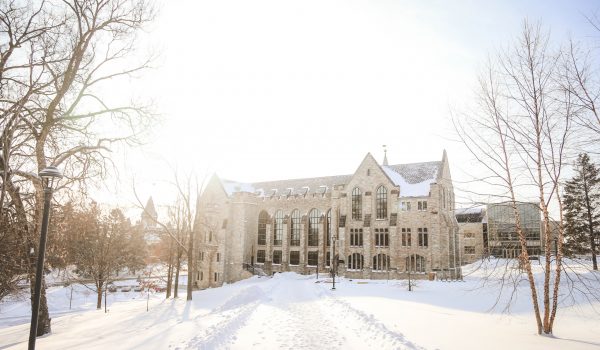The purpose of a conduct proceeding is for the student conduct coordinator to assess whether it is more likely than not that a student is responsible for violating the Code of Conduct. Deviations from the outlined procedures may occur on occasion at the discretion of the student conduct coordinator, and will not invalidate a decision unless, in the sole discretion of the Dean of Students or their designees, a significant prejudice to a student or the college may result or has resulted. The college conduct process should not become excessively legalistic or adversarial. The student conduct coordinator will conduct proceedings in a manner that affords that accused student an opportunity to respond to the alligations and to present evidence relevant to the determination as to whether the Code of Conduct has been violated. The student conduct coordinator reserves the right to conduct proceedings in a manner deemed appropriate under the circumstances, and has sole discretion in interpreting and applying procedural requirements in conduct cases. The college reserves the right to modify these processes when determined appropriate under particular circumstances. Parties and their advisors may not act in a manner that disrupts or delays proceedings.
CHARGES

PROCESS

The following process generally applies to a student in any college conduct proceeding.

SANCTIONS

Students who choose to violate college policies should expect consequences. The following are examples and definitions of specific sanctions that may be imposed upon any student found to have violated the Code of Conduct. Other sanctions may be imposed as deemed appropriate in certain circumstances.
- Depending on the circumstances, Level I, II or III sanctions may be implemented at any time and in any order.
- More than one of the sanctions listed above may be imposed for any single violation.
- Suspensions may be of indeterminate length, depending on the severity of the violation.
- Sanctions are cumulative and may carry over from year to year.
- Other than college expulsion, conduct sanctions will not be made a part of the student’s permanent academic record, but will become part of the student’s confidential record. Confidential records are maintained permanently. Generally, records older than five years are not reported to outside sources.
- The following sanctions may be imposed on groups or organizations:
- Those sanctions listed above.
- The loss of the privilege to live in campus housing assigned based on student organization.
- Deactivation: loss of all privileges, including college recognition and student government funding for a specified period of time.